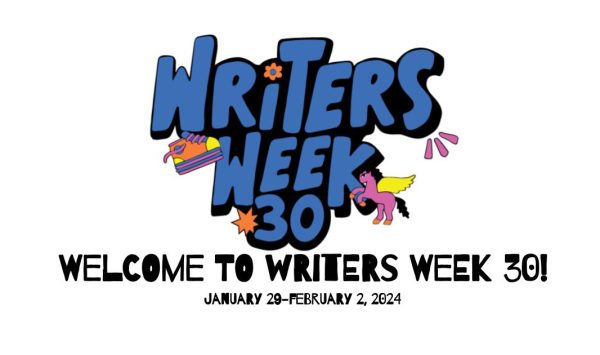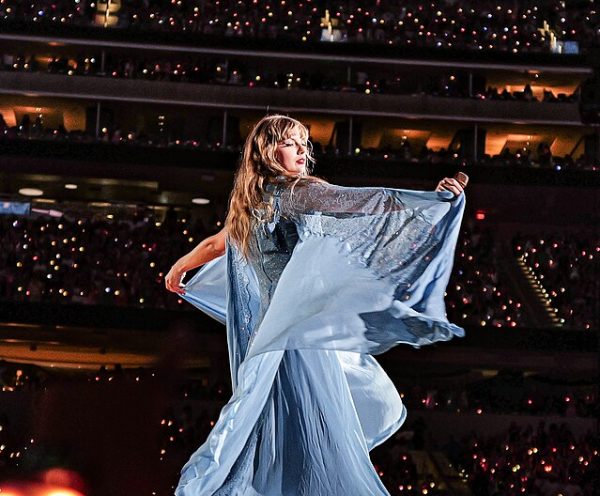Avril Lavigne unsuccessfully tries to keep up with ‘Head Above Water’

Photo courtesy of Wikimedia Commons
February 27, 2019
In Avril Lavigne’s, sixth studio album, Head Above Water, it’s obvious that she is trying to break free from her past hits and keep up with the current trends. After producing teenage anthems like her 2007 hit “Girlfriend,” Lavigne created an image of a fierce, young girl. However, her attempt to evolve from her previous style makes the whole album feel flat, as if Lavigne is struggling to find a signature style, creating tracks that feel inauthentic and lacking.
The track that’s closest to what Lavigne is known for is “Dumb Blonde,” which is full of aggressive lyrics filled with self-confidence and an obvious desire to sound rebellious and punk. One of the main problems of the track is the rudimentary lyrics: “I ain’t no dumb blonde / I ain’t no Barbie doll / I got my game on.” Another key issue with the track is that Nicki Minaj features on it, and her style obviously clashes with the bad High School Musical vibes the track produces. “Dumb Blonde” proves that Lavigne is making the right decision to try to mature, because the wild and free vibe she tries to utilize has long outgrown the 34-year-old.
Lavigne has little success with lyrics in some of the more tolerable tracks on the album. They often feel generic, like she copied and pasted clips of the most cliché lyrics in pop music she could find. For instance, in “Souvenir” she repeatedly asks, “Can I keep you as a souvenir?” This results in the whole track sounding like a Hallmark card plucked off the shelf. Another misstep is in “Birdie,” where she employs the overused and unmoving caged bird metaphor, “Oh you can’t pull me down / So birdie fly away.” Lavigne does deserve credit for trying to use more meaningful lyrics, but she is still far from capturing sincere emotions.
One of the few things that Lavigne does succeed at is instrumentation. The top track of the album, “Love Me Insane,” features a simple piano harmony as well as a lush layer of string harmonies. Another track with engaging instrumentation is “Tell Me It’s Over,” which has a blues feel with it’s deep bass and the soft saxophone crooning in the background. However, it falls to a case of overproduction, with strange electric beats muddling the sound.
Overall, Head Above Water fails at conveying authenticity, stripping it down to another generic pop album. Whatever personal feelings Lavigne is trying to show is shrouded by her colorless lyrics which ultimately reveal that Lavigne is obviously trying to grow as an artist, however she’s still chasing her peers.
Link to photo – (https://commons.wikimedia.org/wiki/File:Avril_Lavigne_on_piano,_Italy_(crop).jpg)











